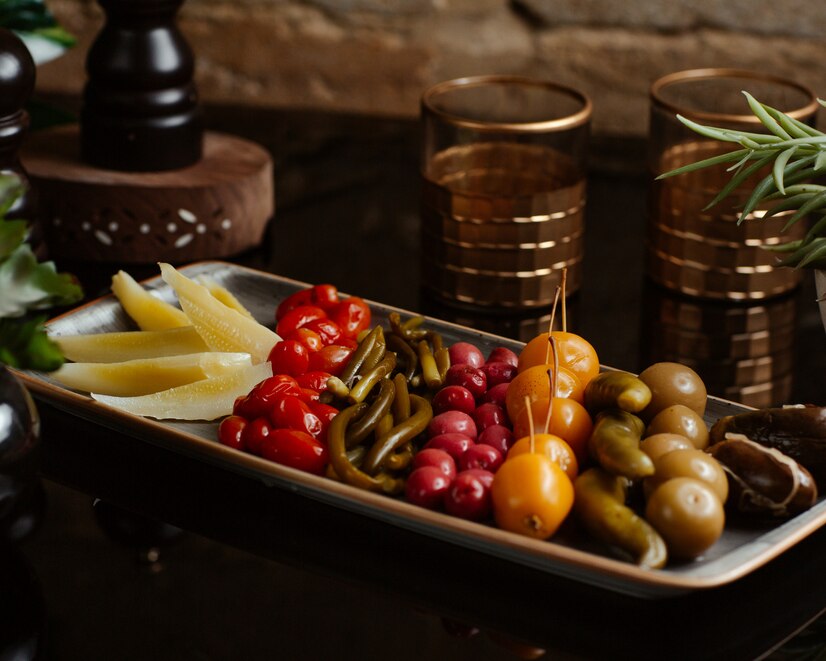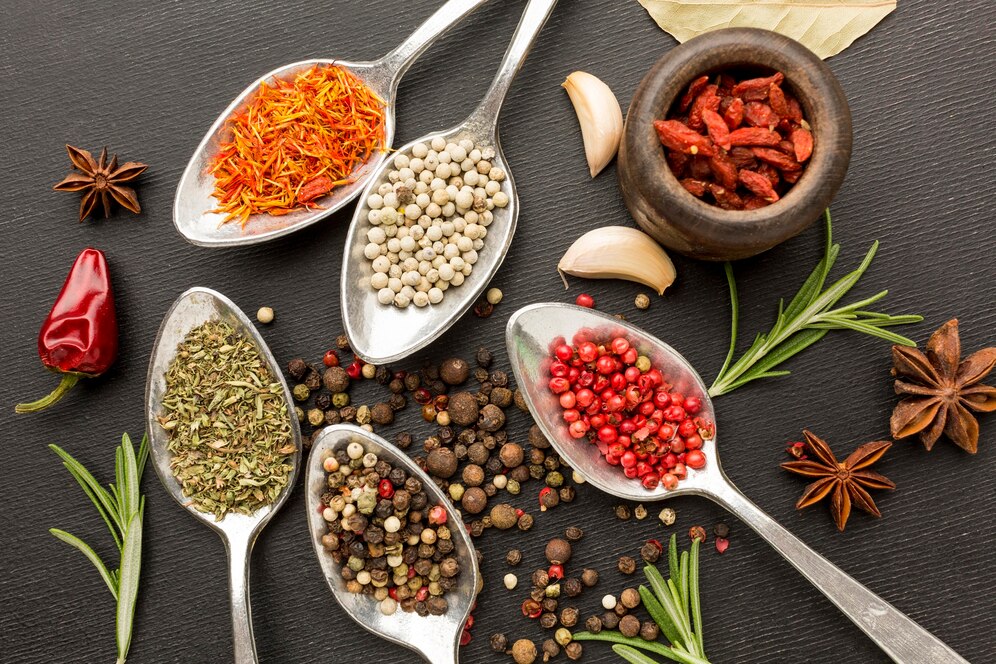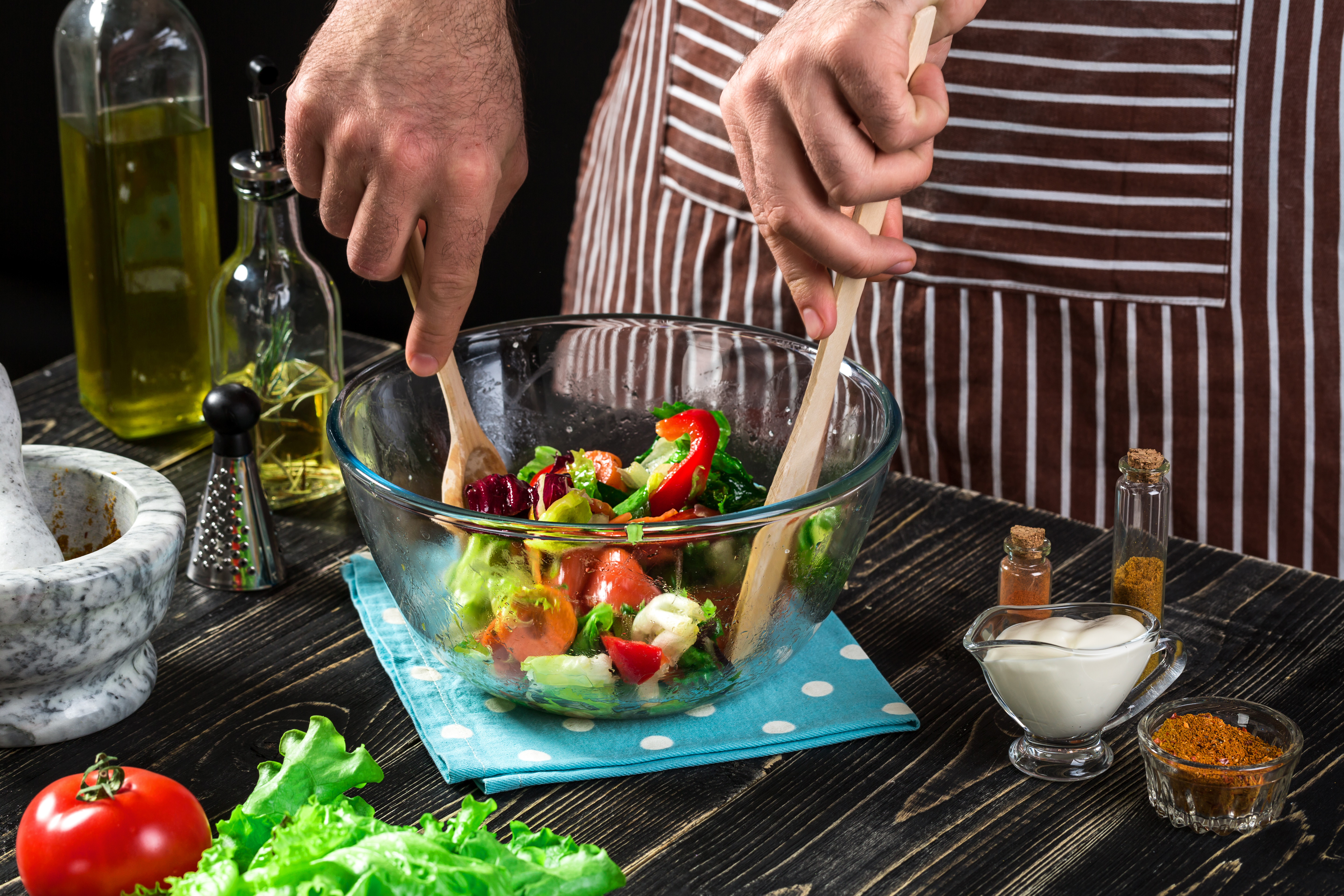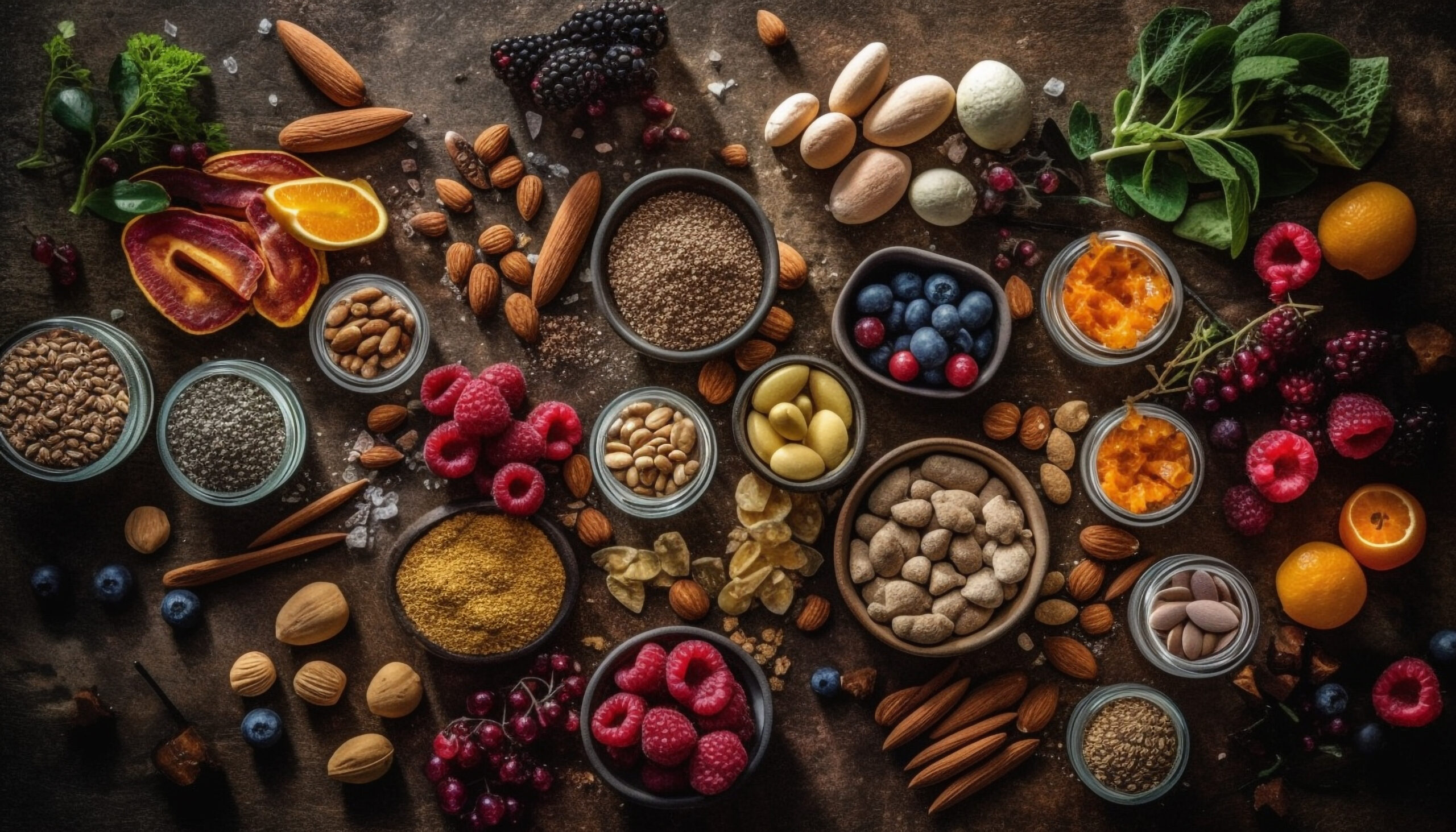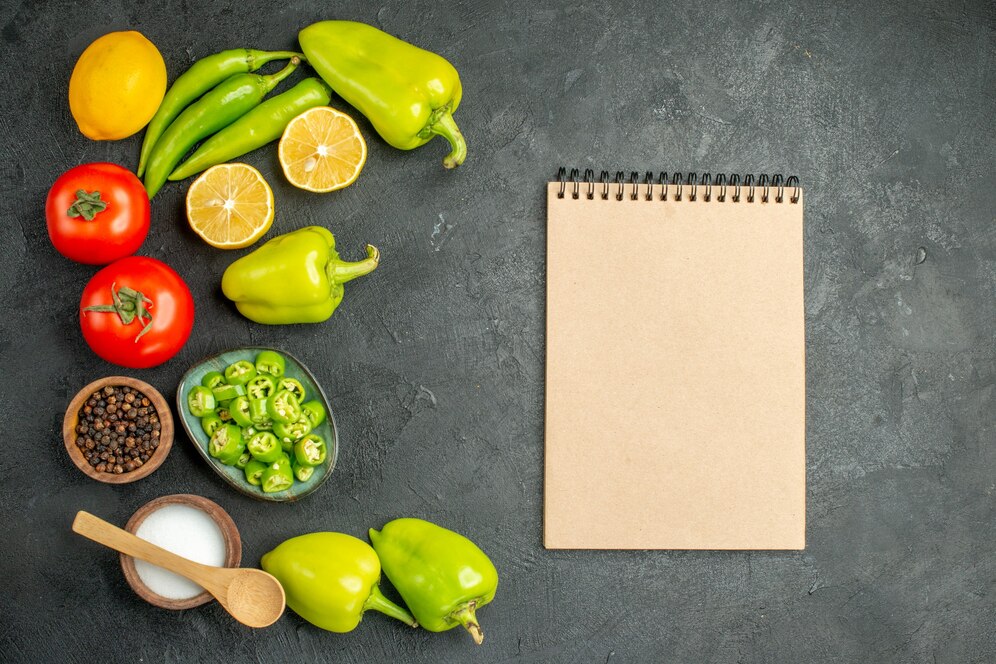
How to Grocery Shop Like a Mediterranean Pro: Essential Ingredients for Your Pantry
Eating differently is only one aspect of following the Mediterranean diet; another is shopping differently. The diet is well regarded for its advantages to health, which include better weight control, heart health, and a lower chance of chronic illnesses. To really enjoy these advantages, though, you must have the proper items in your pantry. This guide will show you how to shop like a Mediterranean expert so your pantry is always stocked for a tasty and healthful dinner.
Understanding the Mediterranean Diet
Health Benefits
Many times cited as one of the healthiest diets worldwide is the Mediterranean diet. It emphasizes lean proteins, good fats, and entire, unprocessed meals. Research has demonstrated its ability to lower the risk of diabetes, stroke, and heart disease. It’s linked to longer life and greater mental health as well.
Key Principles
Fundamentally, the Mediterranean diet highlights:
- Regularly consuming fruits and veggies
- Selecting whole grains above refined ones
- Including good fats, mainly olive oil
- Regularly eating fish and seafood
- Taking occasional indulgences in dairy
- Adding flavor with herbs and spices rather than salt
- Moderate wine drinking (optional)
Setting Up Your Mediterranean Pantry
Importance of Pantry Staples
Maintenance of the Mediterranean diet requires a well-stocked pantry. When you have the basics on hand, cooking healthy meals is simpler and requires less trips to the shop.
Tips for Organizing Your Pantry
Sort your pantry by putting things together. Store spices, grains and legumes in labeled, easily readable containers. Refrigerate dairy products and fresh vegetables, and arrange often used things so they are easily accessible.
Essential Ingredients for a Mediterranean Pantry
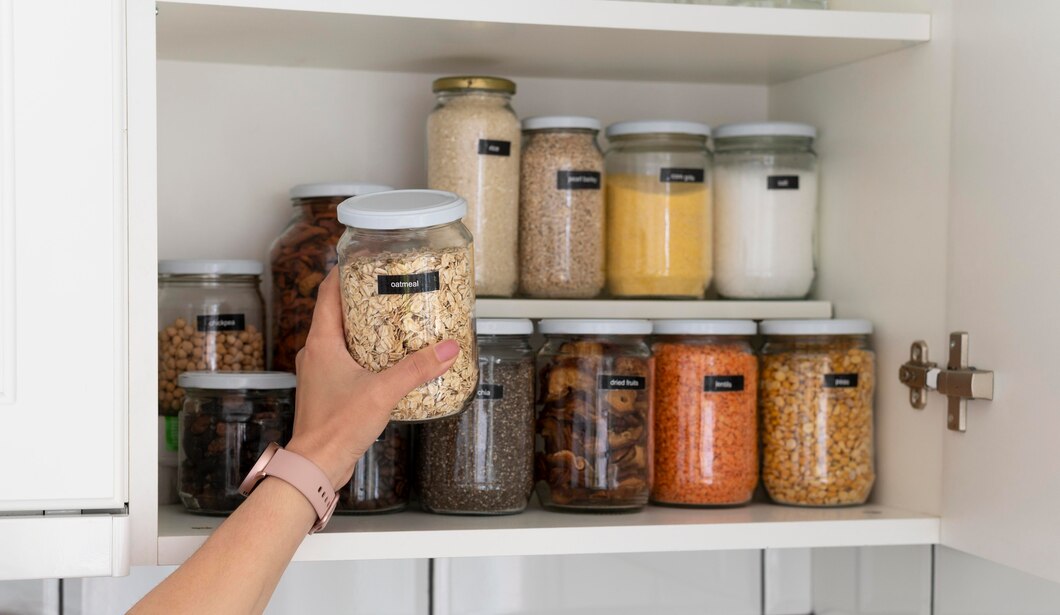
Olive Oil
Diets high in olive oil are the mainstay of Mediterranean cuisine. It finds usage in cooking, sauces, and even as a dishtop finishing touch. Choose extra virgin olive oil, the least processed and with the greatest flavor and nutrients retained.
Whole Grains
A lot of people eat whole foods like brown rice, quinoa, farro, and bulgur. They have a lot of fiber, vitamins, and minerals, which gives you energy and helps your digestive system.
Legumes
Excellent sources of protein and fiber are legumes including black beans, lentils, and chickpeas. They are adaptable and can be utilized in a variety of recipes, including salads, soups, and main courses.
Nuts and Seeds
Almonds, walnuts, chia seeds and flaxseeds are among the nuts and seeds that provide fiber, protein and good fats. They work well as snacks or to give salads and yogurt some crunch.
Herbs and Spices
Crucial herbs and spices include cumin, thyme, rosemary, basil, and oregano. They give taste without making additional sugar or salt necessary.
Fresh Produce
Heart of the Mediterranean diet is seasonal fruits and vegetables. As in tomatoes, cucumbers, bell peppers, leafy greens, and berries. Eaten in season guarantees the freshest and most nutrient-dense vegetables.
Dairy Products
Everyone enjoys dairy in moderation. Store up on feta cheese, Greek yogurt, and other cheeses like mozzarella and Parmesan. These provide your diet texture and calcium.
Seafood
Omega-3 fatty acids found in fish and seafood are essential. Specially good are salmon, sardines, and mackerel. Try to have fish twice a week at the very least.
Lean Proteins
Furthermore included in the diet are lean proteins like chicken, turkey, and eggs. They long-lastingly make you feel full and supply vital amino acids.
Shopping Tips for Mediterranean Ingredients

Reading Labels
When you’re shopping, make sure to read the labels. You should try finding whole, unprocessed ingredients that have very few additives. Try to steer clear of things that have a lot of sugar, sodium, and unhealthy fats.
Choosing Quality Over Quantity
Make sure to invest in top-notch ingredients, like olive oil and fresh produce. Yeah, they might be a bit more expensive, but the nutritional benefits and flavors make it totally worth it.
Budget-Friendly Shopping
Try to buy things in bulk, especially grains and legumes. You should totally check out local farmers’ markets for fresh produce! They have some amazing seasonal items that are usually cheaper and fresher.
Cooking Tips for Mediterranean Meals
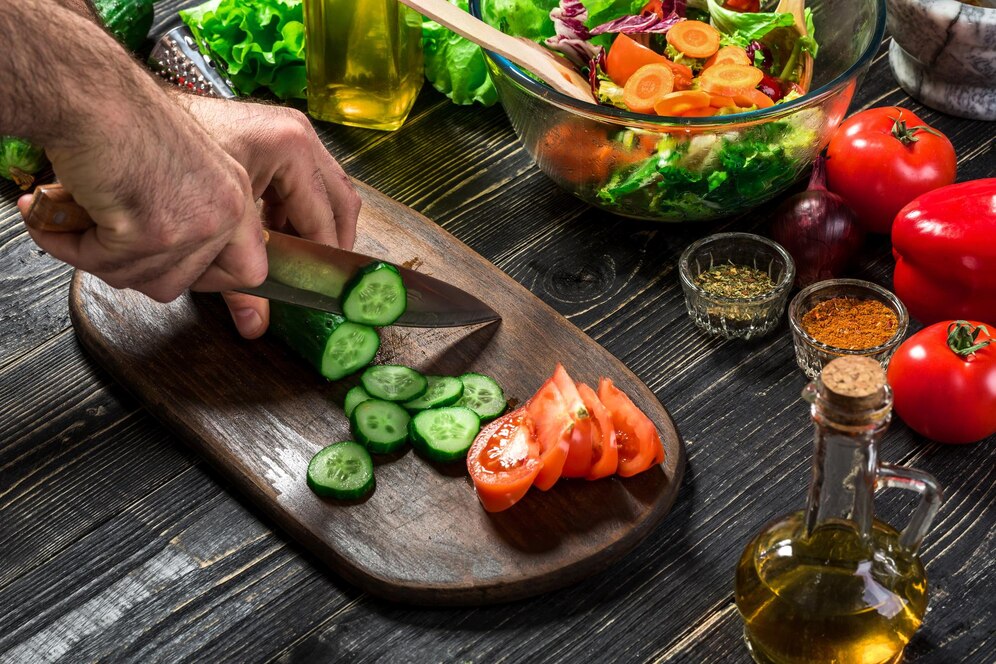
Simple Cooking Techniques
Did you know that the Mediterranean diet is all about using easy cooking techniques like grilling, roasting, and sautéing? These techniques are great because they help keep the lovely flavors and nutrients of the ingredients intact.
Using Pantry Staples Creatively
With your pantry basics, be inventive. Make a filling stew with lentils, for instance, or include whole grains into salads for texture. To keep your dishes tasty and interesting, play around with herbs and spices.
Conclusion
Grocery shopping like a Mediterranean pro is about filling your pantry with nutritious, versatile ingredients that make healthy eating a breeze. By focusing on whole, unprocessed foods and incorporating the essential items outlined above, you’ll be well on your way to enjoying the numerous benefits of the Mediterranean diet. So, next time you head to the store, remember these tips and start building a pantry that supports a healthier, more vibrant lifestyle.
FAQs
What are the main benefits of the Mediterranean diet?
The Mediterranean diet is known for its heart health benefits, weight management, reduced risk of chronic diseases, and improved mental health.
How can I start transitioning to a Mediterranean diet?
Start by incorporating more fruits, vegetables, whole grains, and healthy fats into your meals. Gradually replace processed foods with whole, unprocessed ones.
Are Mediterranean ingredients expensive?
While some items like extra virgin olive oil and fresh seafood can be pricey, many staples like grains, legumes, and seasonal produce are affordable. Shopping in bulk and choosing seasonal items can help manage costs.
Can I follow a Mediterranean diet if I’m vegetarian?
Yes, the Mediterranean diet can be adapted for vegetarians by focusing on plant-based proteins like legumes, nuts, seeds, and dairy products.
How often should I shop for fresh produce?
It’s best to shop for fresh produce weekly to ensure you have a steady supply of nutrient-rich fruits and vegetables. Frequent shopping also helps you stay in tune with what’s in season.


